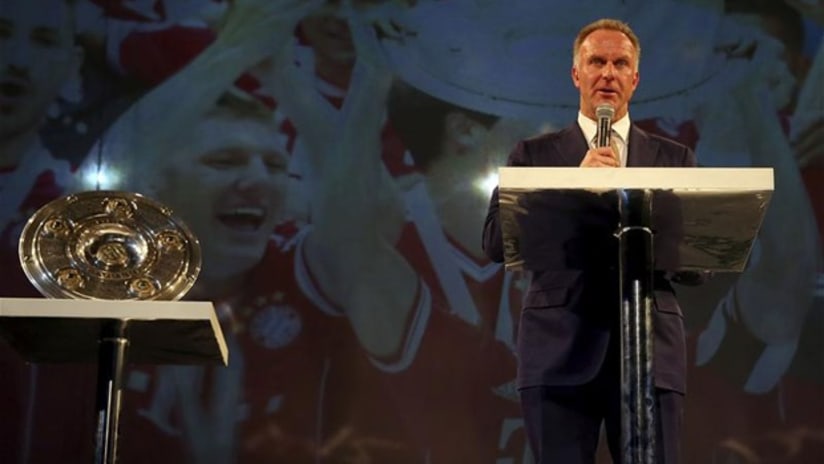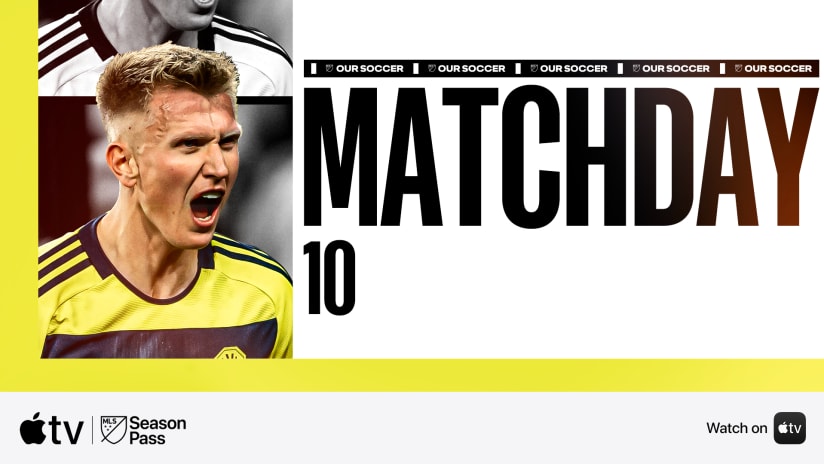The schedule format that so many MLS observers have criticized for so long could soon be adopted throughout Europe.
Karl-Heinz Rummenigge, a top official at Bayern Munich and chairman of Europe's 207-member club associaton, said in an interview with France Football that shifting schedules away from games in the winter to summer makes sense and that FIFA and UEFA are "seriously thinking" about changing the European league calendar.
“Everywhere, be it Germany, France or England, summer is the best period of the year,” said Rummenigge. “And that is the season we don’t play. In deepest winter, when it is very cold and snowing, we play nearly all the time in conditions that are disagreeable for both players and spectators. It is not logical."
Rummenigge's words come amid FIFA heavily contemplating the positives and negatives of playing the 2022 World Cup in Qatar in the hot summer or moving the tournament to cooler winter months. They also serve as a backing of sorts to MLS, which has long been criticized for having a schedule that does not completely coincide with that of FIFA. MLS' schedule sees an emphasis on games played in the summer months while taking a break during most of the winter.
“My sense is that we are heading straight in this direction,” Rummenigge added.
Currently, most European nations have a winter break to limit how many games are played in the cold. England, however, is one nation that has a congested schedule during the winter holidays and no real break during that time of year.
Rummenigge added that perhaps one of the biggest advantages of changing the schedule would be that it would split club and international competitions and remove the congestion of friendlies and qualifiers that can force players to take long trips to their home countries.
Rummenigge also acknowledged that moving the 2022 World Cup to the winter could clear the way for an overhaul of the European soccer calendar.
“It is clear that there will soon be negotiations to examine what can be done,” he said. “My point of view is that an eventual change to the calendar shouldn’t be viewed critically but more as an innovation that could improve the general context. Changing the calendar carries risks but it is also an opportunity. The issue of the calendar will become more important the closer 2022 gets.”











